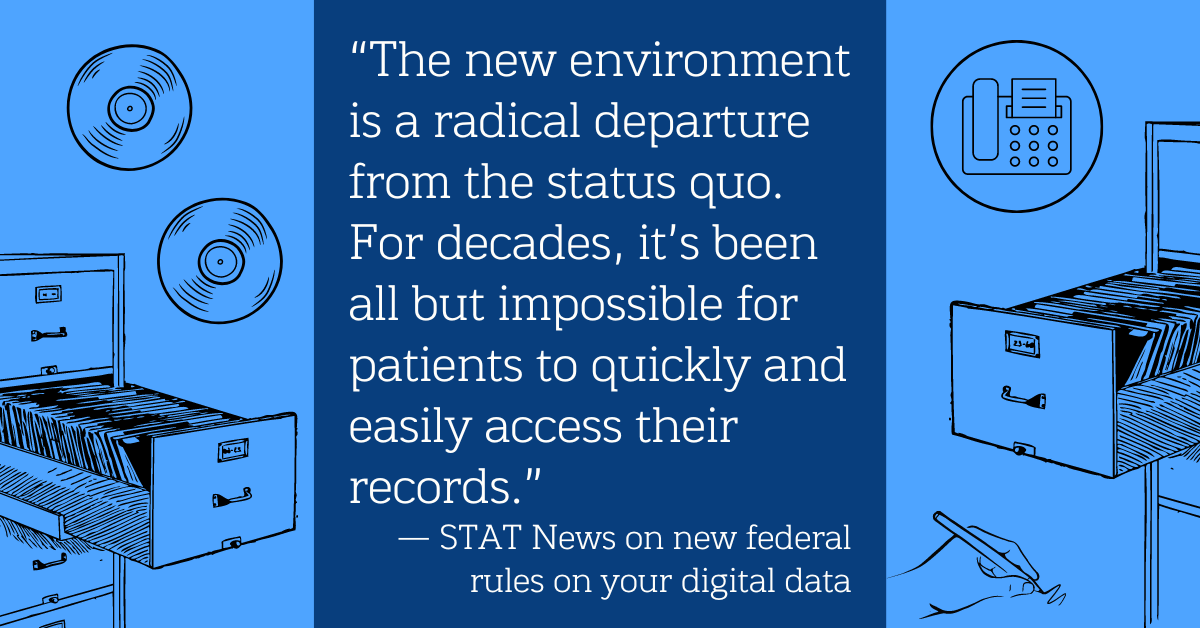Hi, friends! It’s been a little while! Welcome to new readers. This is the Field Notes edition of Odyssey of the Body, which comes out (most) Wednesdays. It’s a collection of health-related notes I’ve run across lately: 1 health insight, 2 quotes, and 3 links. I am always curious about what you like most and what health issues are on your mind, so please drop me a line at brianne@odysseyofthebody.com anytime or comment here. I’d love to hear from you. (Clicking ❤️ on a post also is a vote for more like it.)
We are at peak fall here in the Hudson Valley — it feels like driving through a kaleidoscope every day. Sizzling yellows, creamy peaches and melons, pops of red. It’s gorgeous. (I took a video for you here.) In a few weeks, the canopy will fall, and the trees will be barren, and I’m not excited about that. How do you handle the winter? I’ll be writing more about that and I’d love to hear what works for you and what doesn’t, what you wish winter could be.
1 health insight: Starting this month, you have the right to all your health records digitally
If you’ve ever tried to get access to a particular CT scan or X-ray, or have it sent to another doctor, you know it can be a major pain in the U.S. (Is it better elsewhere in the world? I hope so.) Sometimes there are forms to fill out. Sometimes you have to FAX the form. (I wish I was kidding.) Sometimes there is a fee for printing each page. Sometimes it takes weeks. Sometimes the data you get back is only a piece of what your doctor can see, minus the doctor’s notes, for example.
But as of this month — Oct. 6, 2022, to be exact — new federal rules in the 21st Century Cares Act require that any patient in the U.S. can access to any or all of their health data digitally.
It will take time for every hospital, clinic, health system to implement a way to do this, but the rule is real, and you should know about it.
This STAT News article details the new rules:
The new environment is a radical departure from the status quo. For decades, it’s been all but impossible for patients to quickly and easily access their records. Hospitals and other organizations are loath to relinquish that information for a couple of business reasons. It makes it easier to retain patients in their care, and it keeps them in control of information with high commercial and research value.
The federal law known as HIPAA requires that providers turn over records when patients ask for them. But such requests are often met with delays, fees, and sometimes requests that they fetch them via fax. “HIPAA’s been in place for a long time,” said Lisa Bari, CEO of Civitas Networks for Health, a nonprofit that supports medical data sharing. “But it’s simply not respected and used in that way.”
One side tip from me: Ask for a printout of the results of a procedure, operation, test, etc. when you are first at the doctor’s appointment going over the findings. Your doctor will likely print it out right then and there and hand it to you, which is a usually a thousand times easier than trying to get it later through the records department.
2 quotes
“Have you ever tried working unhurriedly? Slowly, Taking your time, in the positive sense of the phrase. We live in a culture of speed and effectiveness. But we also ‘ARE’ the culture. May be we can be different, and maybe that could change the culture.”
— Illustrator Adam Ming


3 links
🚒 A smoldering threat to wildland firefighters: Long COVID affects more than 16 million Americans, and firefighters are at increased risk of getting it. (High Country News) “There’s an attitude in firefighters that you don’t quit for anything,” said Lea Bessler, a U.S. Forest Service firefighter who caught COVID in summer 2020 and hasn’t recovered yet. “And there’s just no education, warning, or recognition of long COVID in fire.” I’m afraid the impact of Long COVID is going to stretch longer, farther, and wider than most of us can imagine right now.
👩🦼Medicare needs to update its wheelchair coverage for the 21st century (STAT News) — This interesting opinion piece describes the benefits of wheelchairs that allow people to stand, making so many more activities and independence possible — even washing the car, as the unforgettable main photo shows. But Medicare doesn’t cover such wheelchairs yet, which can run $10,000 and bring life-changing health benefits. It seems like a lost opportunity for the people needing the wheelchairs and the whole society.
🚰 5 common myths about water and hydration (NPR) — Had you also heard, over and over, the advice to drink eight 8-ounce glasses of water a day? Apparently this “fact” is not backed by any particular scientific study. “The best advice is to listen to your body,” said Tamara Hew-Butler, associate professor of exercise and sports science at Wayne State University. “If you get thirsty, drink water. If you're not thirsty, you don't need to drink water.” I love it when commonsense wins.
To our journeys,
Brianne





When I was in hospital in the UK, it seemed that anyone could look at and write in my notes - apart from me., To see them I would have to put in a special request and then everyone first got a chance to redact anything they had written! I spoke to psychologist who said the notes can be very dehumanising and blaming of the patients! So I think this is a good idea for the US.